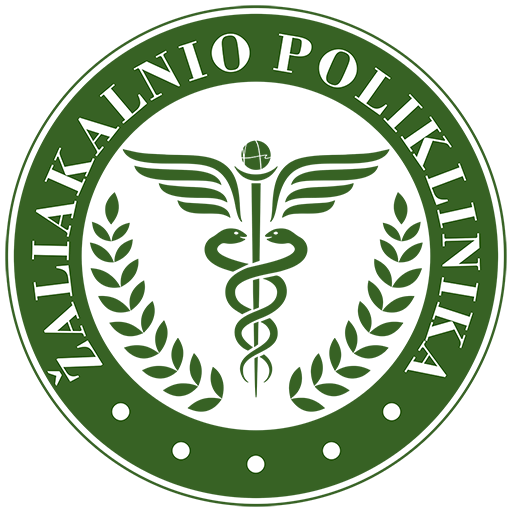The clinic's patients are cared for by obstetrician-gynaecologist Vytautas Abraitis, MD, PhD, who will introduce you to the rarely heard of antiphospholipid syndrome and the indications for testing for it.
Briefly about them:
- Two or more early spontaneous miscarriages;
- One or more late (>14 weeks gestation) spontaneous
miscarriage; - History of fetal growth retardation (hypotrophy);
- Pre-existing hypertensive conditions such as hypertension in pregnancy or pre-eclampsia (particularly severe forms such as severe pre-eclampsia or HELLP syndrome);
- Fetal death before the onset of labour in an uncertain condition;
- Clinically significant placental abruption (the newborn was born in hypoxia (APGAR <7) or the woman needed a blood transfusion).
What should be the preparation before testing for thrombophilias:
- The tests must be carried out no earlier than 6 weeks after an unsuccessful or complicated pregnancy;
- It is recommended to arrive on the day of the test without taking any unnecessary medication;
- It is recommended that the test is carried out outside menstruation;
- The test is not recommended for viral infections.
Tests are needed to diagnose thrombophilias:
- Anticardiolipin IgG
- Anticardiolipin IgM
- Beta2Glycoprotein1 IgG
- Beta2Glycoprotein IgM
- Lupus anticoagulant
- Leiden factor




